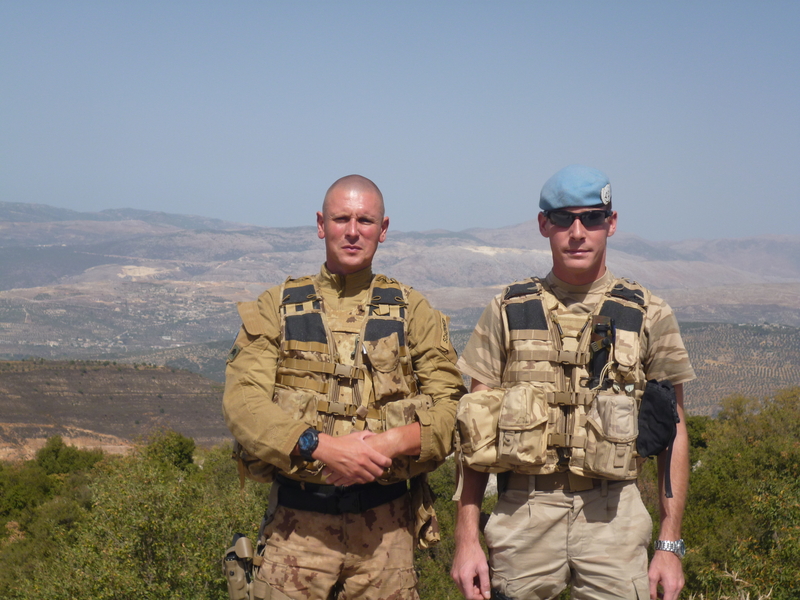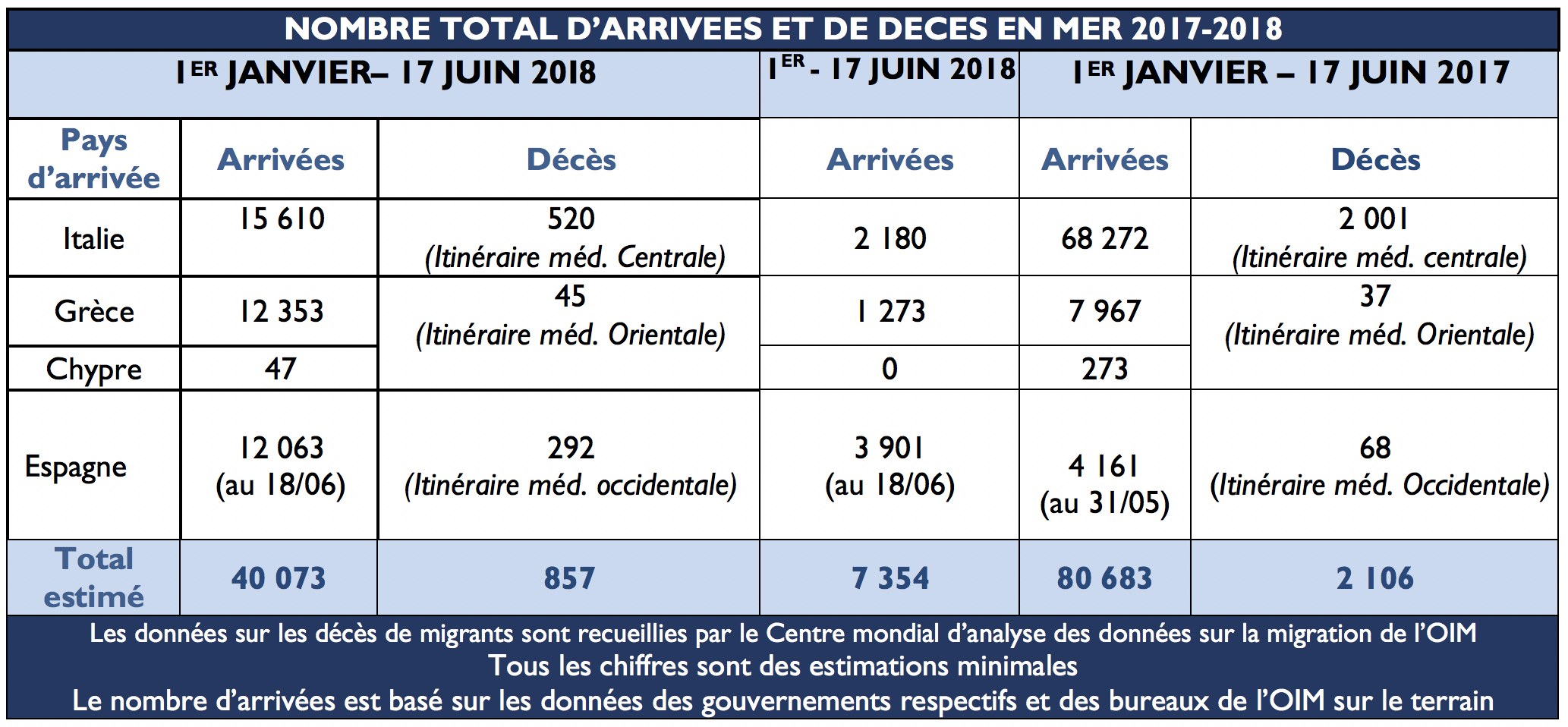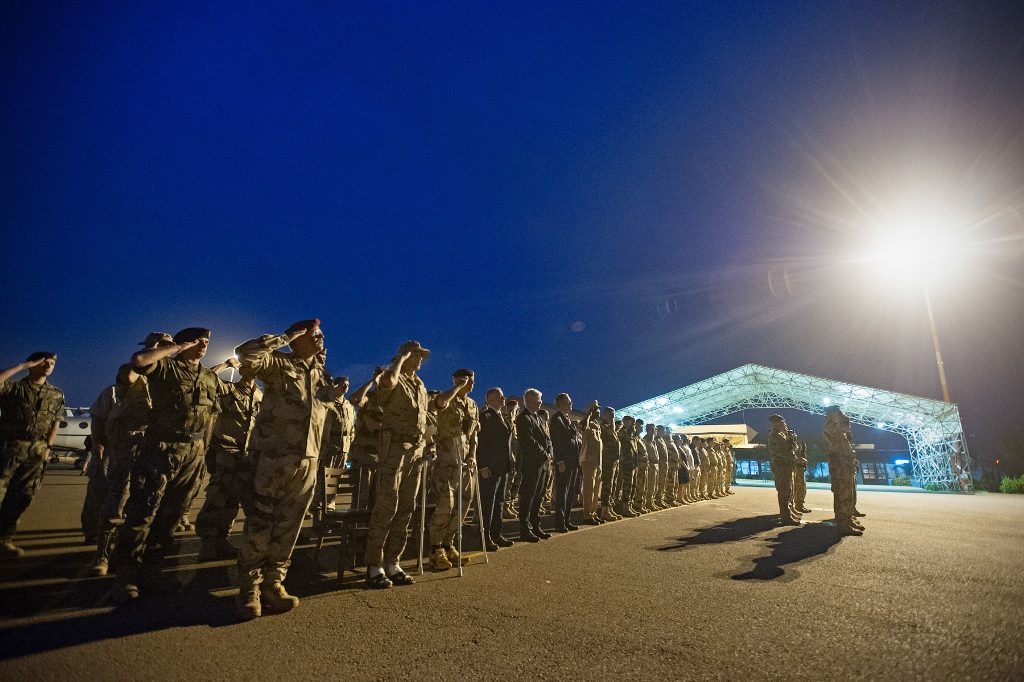20 years ago, the European Council bet on a common foreign policy
(BRUSSELS2) On 14 and 15 December 1990, the Rome European Council launched two intergovernmental conferences, one on economic and monetary union, the other on political union. The final communiqué welcomes the " broad agreement that exists on fundamental principles such as the vocation of the Union to deal with aspects of foreign relations and security policy, according to a continuous evolutionary process and in a unitary way, on the basis of general objectives defined in the treaty ».
The common external relations and security policy should aim to to maintain international peace and stability, to develop friendly relations with all countries, to promote democracy, the rule of law and respect for human rights, and to foster the economic development of all nations, also taking into account the particular relations of the different Member States ».
The Twelve provide a roadmap, on an institutional framework, based on several elements both at the institutional and decision-making levels.
An institutional framework
- a single decision-making centre, namely the Board,
- the harmonization and, where appropriate, the unification of the preparatory work; a unified Secretariat,
- a strengthening of the role of the Commission, thanks to a non-exclusive right of initiative,
- adequate procedures for consulting and informing the European Parliament,
- arrangements enabling the Union to speak effectively with a single voice on the international scene, in particular within international organizations and vis-à-vis third countries.
A decision-making process
- the consensus rule for defining general guidelines; in this context, non-voting or abstention as a means of not impeding unanimity;
- the possibility of using qualified majority voting for the implementation of agreed policies. As regards common security, the gradual extension of the Union's role in this area should be envisaged, in particular as regards, initially, the issues debated within international organisations: arms control, disarmament and related matters; CSCE matters; certain issues discussed at the United Nations, including peacekeeping operations; economic and technological cooperation in the field of armaments; coordination of arms export and non-proliferation policy.
Defense issues...
Furthermore, the European Council stresses that, for the future, consideration should be given to the Union playing a role in defense matters ", without damage " of the current obligations of the Member States in this field and taking into account the importance of maintaining and strengthening the existing links within the framework of the Atlantic Alliance and without prejudice to the traditional positions of other Member States ».
and a solidarity clause
Consideration should also be given to the idea of a mutual assistance commitment on the part of the Member States as well as the proposals put forward by certain Member States with regard to the future of the Western European Union ».
(Nicolas Gros-Verheyde)


